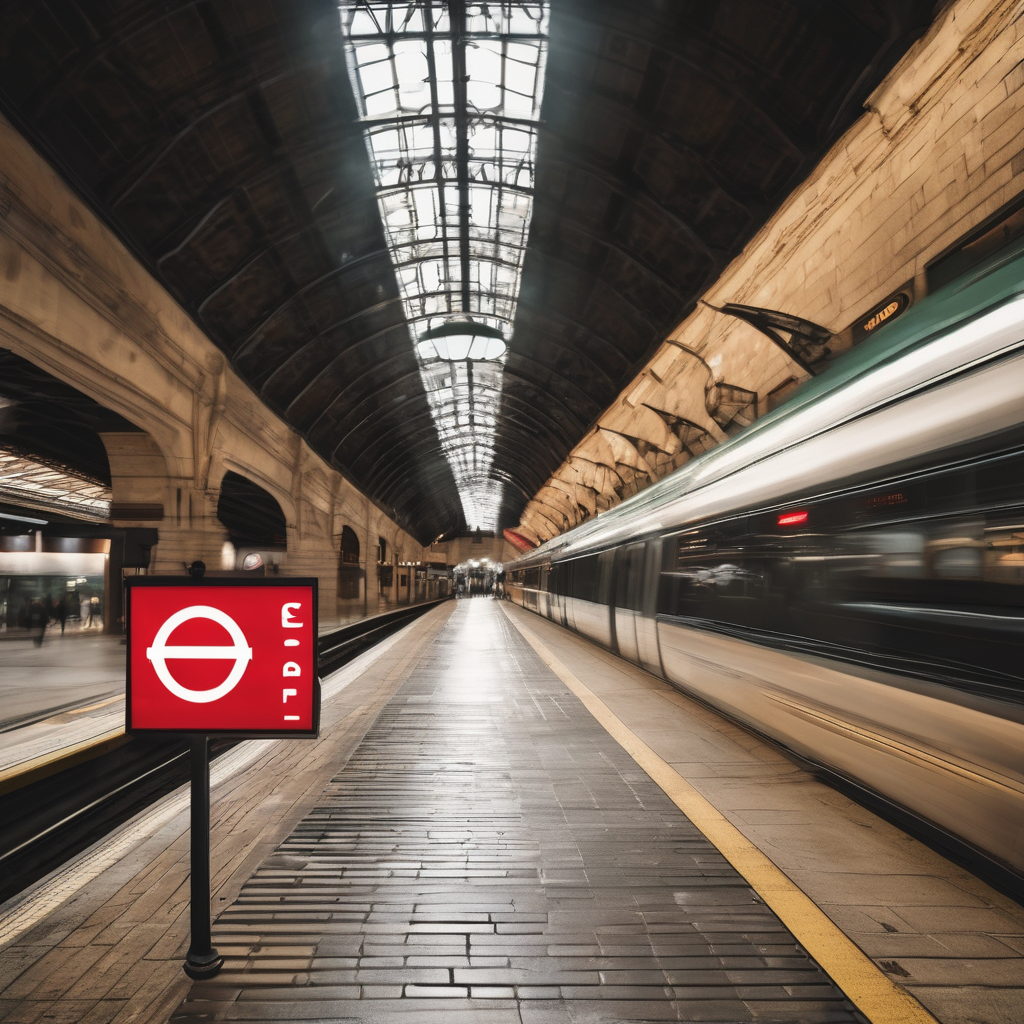U.S. President Donald Trump’s administration has frozen $2.1 billion in funding earmarked for Chicago’s transit system, exacerbating the financial strain on yet another Democratic city as attempts to resolve the ongoing government shutdown faltered once again in the Senate. On the third day of the shutdown, Trump intensified his pressure on Democrats to accept a Republican funding plan, but this effort ended in a 54-44 Senate vote, falling short of the required 60 votes needed to pass.
This marks a continuation of a broader strategy from the Trump administration, which has now withheld a staggering $28 billion in funding from various Democratic cities and states, a step viewed by many as a government tactic to penalize political opponents. Budget director Russ Vought indicated that the funding for Chicago, planned for elevated train lines, was frozen due to concerns about ensuring that contracts were not awarded based on race-based criteria.
Trump has frequently criticized Chicago, the nation’s third-largest city, and has even suggested deploying National Guard troops to address concerns within the city. In response to the funding freeze, Illinois Governor JB Pritzker, a prominent critic of Trump and a potential contender for the 2028 Democratic presidential nomination, branded the move as akin to hostage-taking, stating, “It’s attempting to score political points but is instead hurting our economy and the hardworking people who rely on public transit.”
In addition to the freeze affecting Chicago, the administration is reportedly examining funds that could be withheld from Portland, Oregon, a city that has previously seen significant protests during Trump’s presidency. This ongoing pressure campaign has drawn mixed reactions within the Republican Party, with some members expressing support for Trump’s tactics, while others caution that such measures create a “bad-faith environment” that complicates bipartisan negotiations essential for reopening the government.
As the current legislative impasse continues, there remains hope among some lawmakers that a spirit of cooperation can emerge, enabling discussions aimed at reviving necessary funding and ultimately supporting the public services Americans rely upon. This challenging predicament highlights both the critical political divides in the country and the urgent need for constructive dialogue that prioritizes the needs of families and communities across America.
